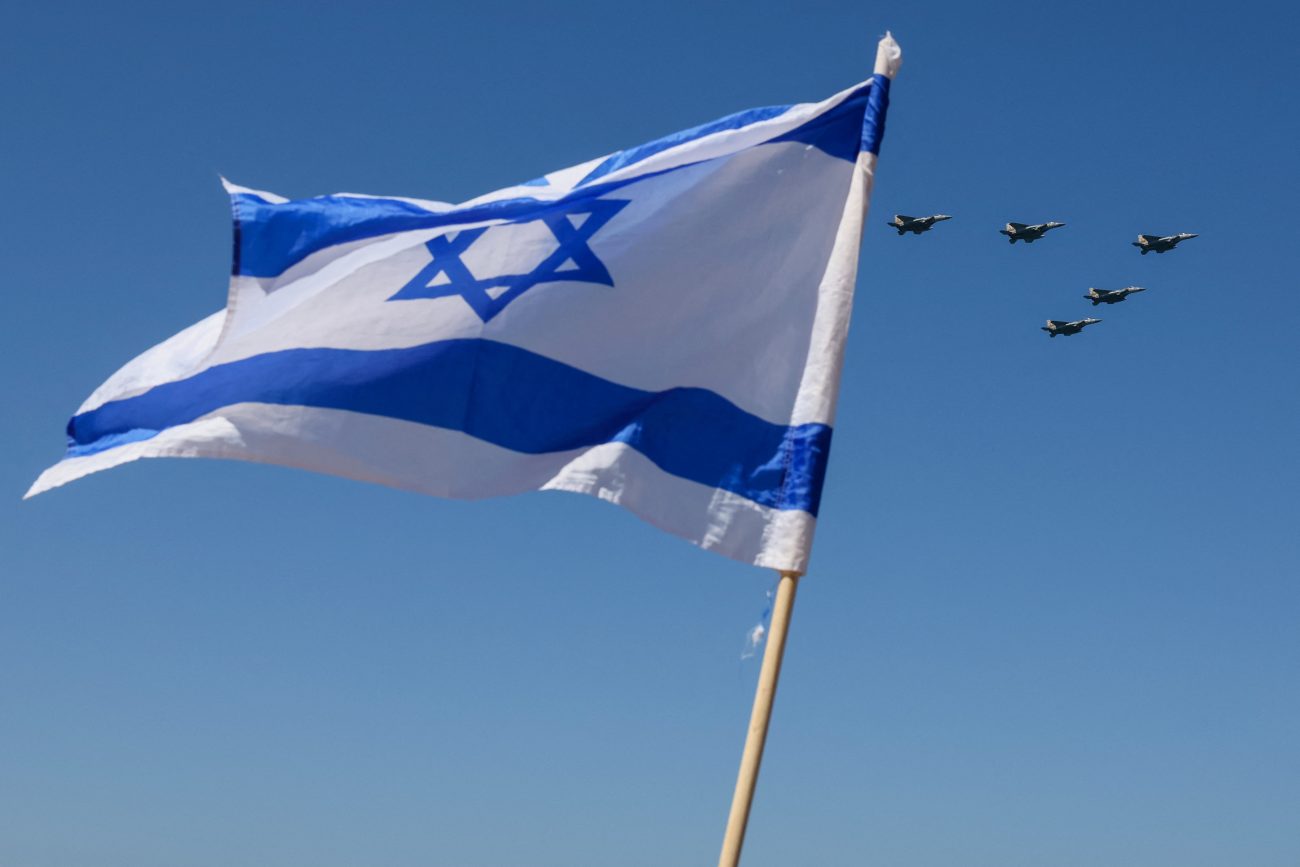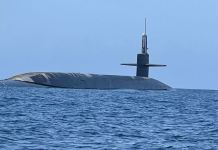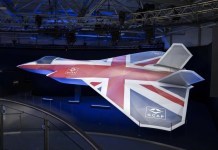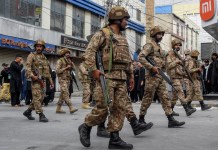“The aggressor attacked the Fordo nuclear site again,” Tasnim news agency reported, quoting a spokesperson for the crisis management authority in Qom province, where the site is located.
The latest attacks come a day after the United States launched unprecedented strikes on Iranian nuclear facilities, including Fordo and sites at Isfahan and Natanz.
US President Donald Trump said the strikes had “obliterated” Iran’s nuclear capabilities, but other officials said it was too soon to assess the true impact on Iran’s nuclear program.
Iran condemned the attack and vowed retaliation, noting there were “no signs of contamination” after the US strikes.

The US strikes came around 10 days after Israel launched an attack on Iran, killing nuclear scientists, top military commanders, as well as striking military bases, nuclear sites, and residential areas across the country.
Iran-Israel war: Latest Developments
– ‘Extension of war’ –
Iran’s armed forces threatened on Monday to inflict “serious, unpredictable consequences” on the United States in retaliation for its strikes on nuclear sites.
US warplanes unleashed bunker-buster bombs on Isfahan, Natanz, and the underground uranium enrichment facility at Fordo, in support of the bombardment campaign that ally Israel began on June 13.
“This hostile act… will widen the scope of legitimate targets of the armed forces of the Islamic Republic of Iran and pave the way for the extension of war in the region,” said armed forces spokesman Ebrahim Zolfaghari on state television.
Ali Akbar Velayati, an adviser to Iran’s supreme leader Ayatollah Ali Khamenei, said bases used by US forces “in the region or elsewhere” could be attacked.
The US State Department issued a “worldwide caution” for Americans on Sunday.
– Strikes, missiles –
Sirens sounded in Israel and Iran early Monday as the arch enemies exchanged their latest round of fire.
The Israeli military said it had struck missile sites in western Iran as well as “six Iranian regime airports” across the country, destroying fighter jets and helicopters.
An AFP journalist later reported hearing loud blasts in northern Tehran, and the Red Crescent said an Israeli strike hit near its building in the city.
In Israel, sirens wailed across the country for over 30 minutes as the military warned of multiple missile barrages launched from Iran and said there were “reports of fallen projectiles”.
Tehran governor Mohammad Sadegh Motamedian told state TV that “more than 200 locations have been attacked” across the capital since the start of Israel’s bombing campaign on June 13.
Israeli strikes on Iran have killed more than 400 people, Iran’s health ministry said. Iran’s attacks on Israel have killed 24 people, according to official figures.
– ‘Spillover’ –
China on Monday warned against “the spillover of war”, urging the international community to do more to prevent the fighting from impacting the world’s economy, noting the global importance of the Gulf maritime trade routes off the Iranian coast.
Oil prices jumped more than four percent early Monday.
The leaders of Britain, France, and Germany have called on Iran “not to take any further action that could destabilise the region”.
At a UN Security Council emergency meeting on Sunday, Secretary-General Antonio Guterres warned against “descending into a rathole of retaliation after retaliation.”
– Trump claims ‘monumental damage’ –
Trump wrote on social media on Sunday that “Monumental Damage was done to all Nuclear sites in Iran, as shown by satellite images. Obliteration is an accurate term!” He did not share the images he was referencing.
US Joint Chiefs Chairman Dan Caine said seven B-2 stealth bombers had flown 18 hours to drop 14 GBU-57 bunker-buster bombs — a powerful 13,600-kilo (30,000-pound) weapon.
US Defense Secretary Pete Hegseth said the strikes had “devastated the Iranian nuclear programme”, but “did not target Iranian troops or the Iranian people”.
The UN’s International Atomic Energy Agency said it had not detected any increase in radiation levels at key nuclear sites in Iran after the US strikes.
– ‘Betrayal of diplomacy’ –
Trump argued online that “if the current Iranian Regime is unable to MAKE IRAN GREAT AGAIN, why wouldn’t there be a Regime change???”
Iran “must now agree to end this war”, Trump said after the strikes, insisting that under no circumstances should it possess a nuclear weapon.
Israeli Prime Minister Benjamin Netanyahu, who has not ruled out targeting Iran’s clerical leadership, said “thanks to President Trump, we have moved closer to our goals”.
Iranian foreign ministry spokesman Esmaeil Baqaei called the strikes on his country “a betrayal of diplomacy and the principle of dialogue”.
“We and future generations will not forget that the Iranians were in the middle of a diplomatic process with a country that is now at war with us.”
© Agence France-Presse




